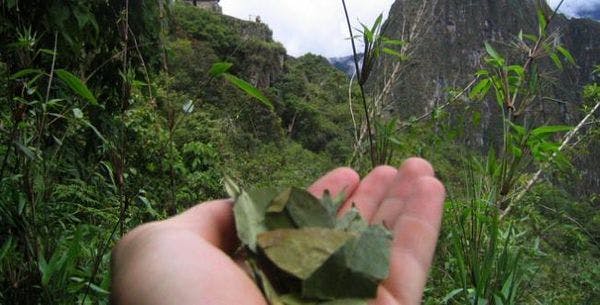The effect of Bolivian elections on coca production
With Bolivian President Evo Morales running for a third term in 2014, the government will probably limit efforts to eradicate illegal coca fields in areas where Morales' political support is strong. Since the U.S. State Department stopped cooperating with Bolivian anti-drug operations in August, local security forces have been solely responsible for eradicating illegal coca fields. Destruction of illicit coca has risen in some regions, such as Yungas in western Bolivia, while pressure in the Cochabamba tropics -- where Morales has traditionally enjoyed strong political support -- remains steady. But despite the reduced pressure on certain coca producers, Bolivian cocaine production will not rise significantly if Morales is re-elected unless eradication efforts intensify in neighboring Peru, displacing producers to Bolivia.
Analysis
Bolivia is the third-largest supplier of cocaine to the international drug market. The native plant from which cocaine is derived, coca is widely cultivated in Bolivia's western and central highlands. It is illegal in other South American countries, such as Colombia and Peru, but Bolivia allows government-regulated coca cultivation for medicinal and traditional cultural purposes. However, producers and corrupt government officials also divert legally produced coca toward cocaine production, and numerous illicit coca farms exist alongside legal ones. This ensures a steady supply of coca for Bolivian cocaine manufacturing labs, which are concentrated mostly in the country's eastern lowlands.
Eradication
It is unclear exactly how much of Bolivia's 25,300 hectares of coca are diverted toward cocaine, which remains unlawful in Bolivia. Estimates are generally inaccurate because cocaine labs take both legally and illegally grown coca leaves. However, coca production in Bolivia far exceeds national demand.
Under Bolivian law, the coca that exceeds demand must be destroyed by the government or removed by growers. However, the sale of coca for cocaine production helps support poor farmers, and there is relatively little violence associated with cocaine production in Bolivia. Combined with corruption in the security forces and insufficient resources, the government does not have a great deal of interest in seriously cracking down on illicit coca.
Read here the full article (restricted access)
Keep up-to-date with drug policy developments by subscribing to the IDPC Monthly Alert.
